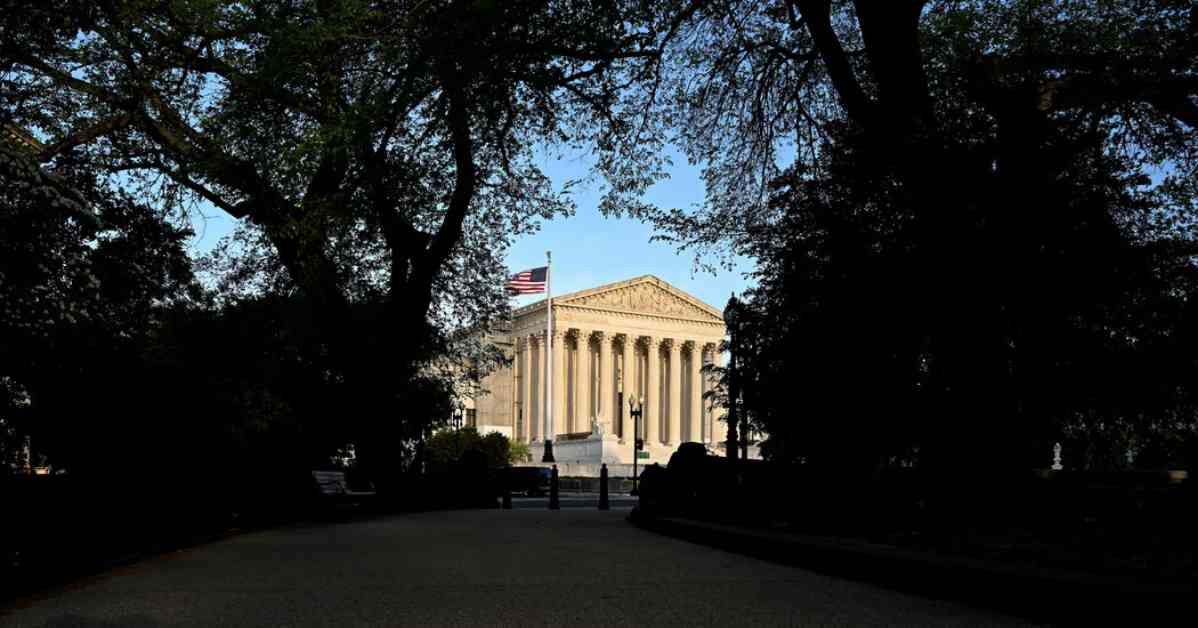The Supreme Court recently made a decision regarding two cases involving state laws aimed at regulating social media platforms’ ability to moderate content. The justices unanimously sent the cases back to lower courts for further analysis, avoiding a definitive ruling on the issue.
The cases in question involved laws in Florida and Texas that supporters argued were necessary to address what they called “Silicon Valley censorship.” Critics, on the other hand, contended that these laws violated the platforms’ First Amendment rights.
The laws in Florida and Texas have different provisions. Florida’s law prohibits platforms from permanently banning political candidates in the state, while Texas’ law prevents platforms from removing content based on a user’s viewpoint.
The Supreme Court’s decision to return the cases to lower courts means that the state laws remain in effect, but the lower court injunctions preventing their enforcement also remain in place. Justice Elena Kagan, writing for the majority, emphasized the importance of analyzing these laws in light of the First Amendment.
This ruling marks yet another instance of the Supreme Court grappling with the issue of free speech on social media platforms without reaching a definitive conclusion. It highlights the complexities and challenges of balancing the regulation of online content with constitutional rights.
As the debate over tech platforms’ moderation practices continues, it is clear that this issue is far from settled. The evolving landscape of social media regulation and free speech rights will likely be the subject of ongoing legal battles and policy discussions in the years to come.




















